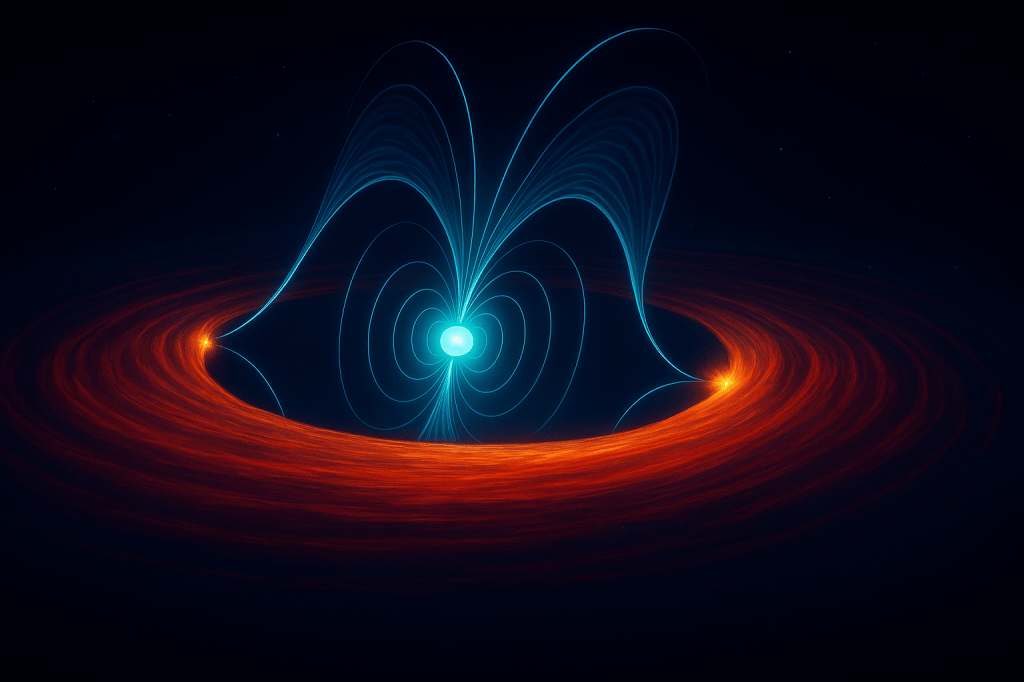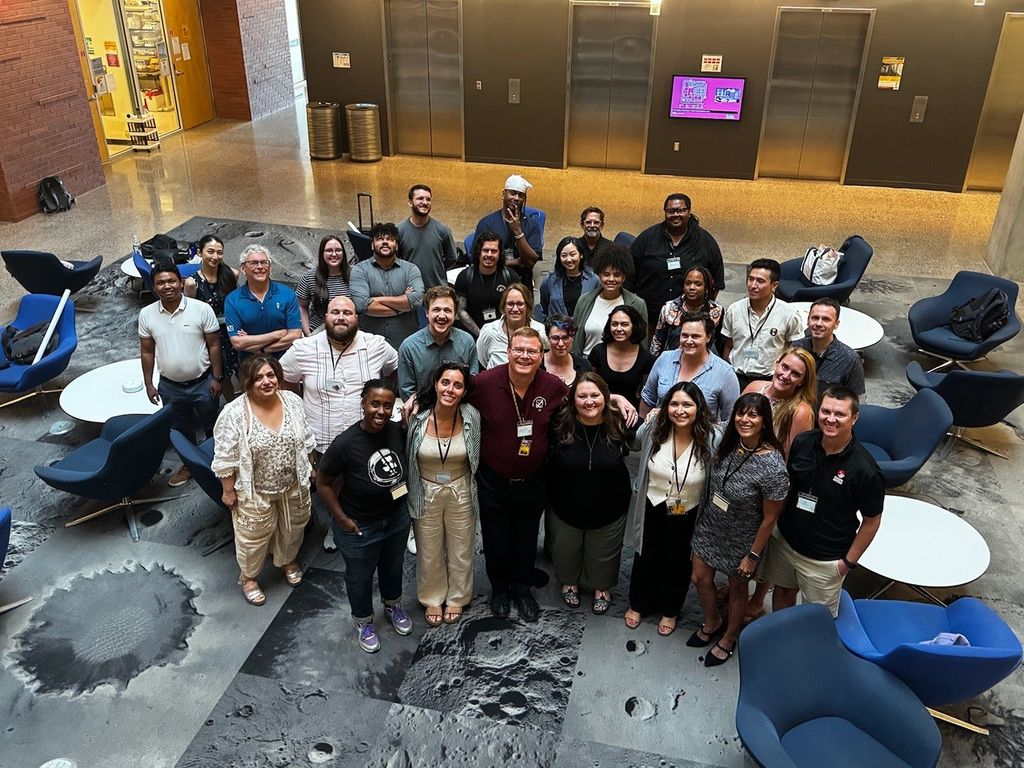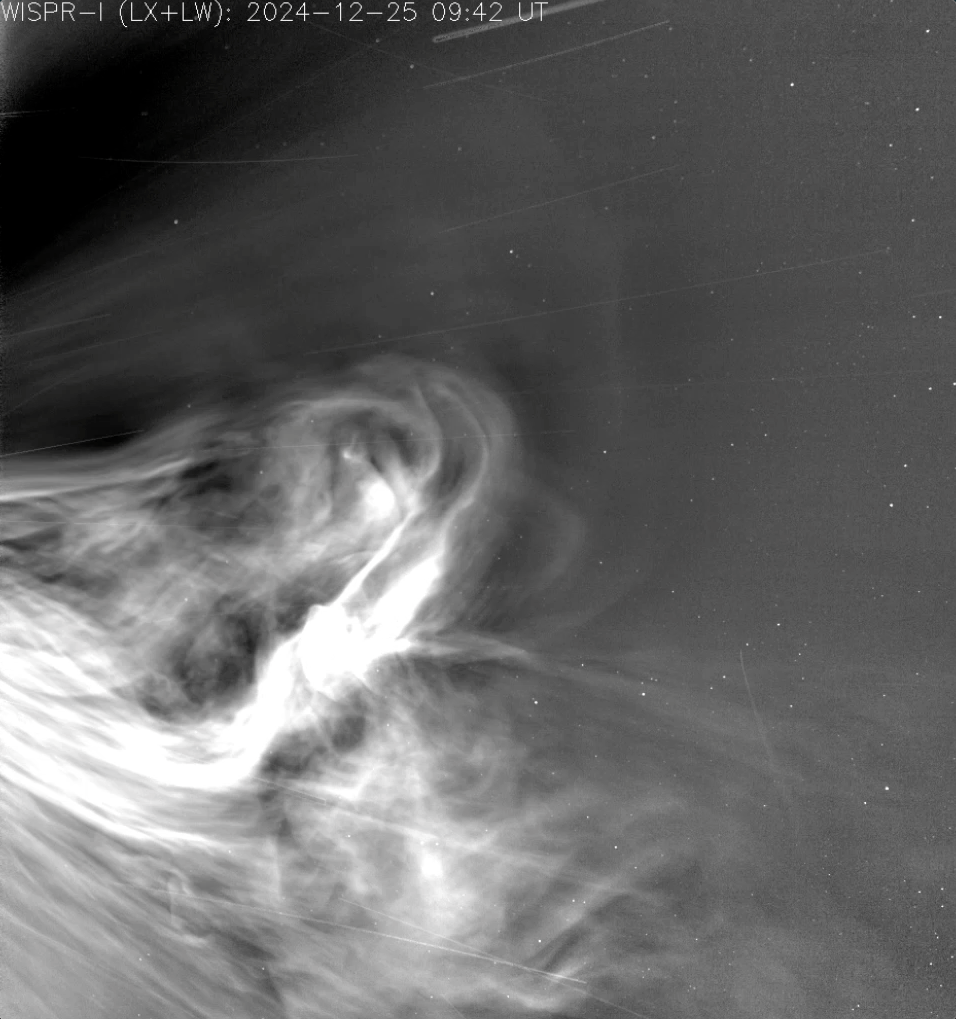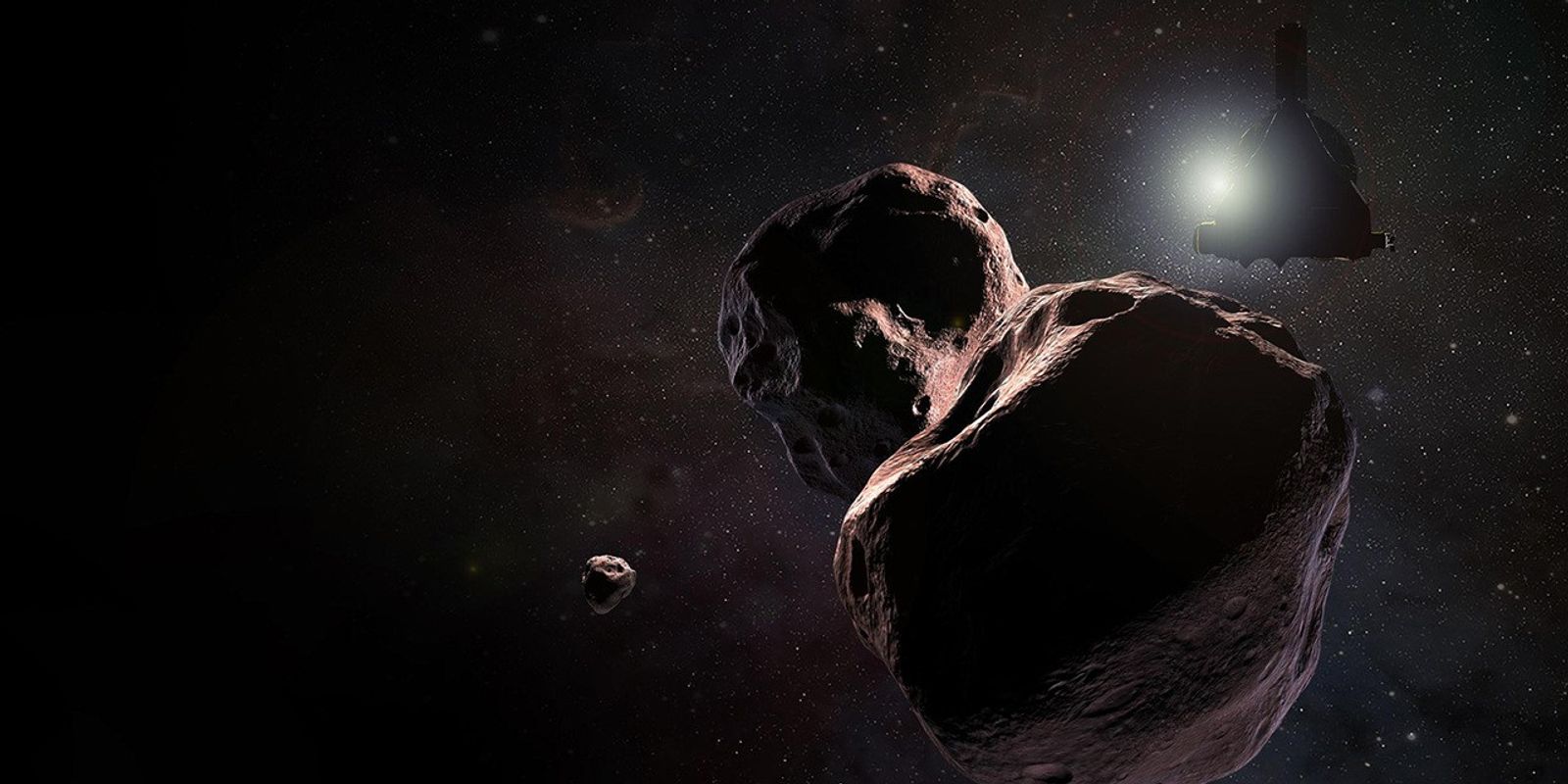Cassini Significant Event Report
For Week Ending 01/26/01
The most recent spacecraft telemetry was acquired from the Madrid tracking
station on Wednesday, January 24. The Cassini spacecraft is in an
excellent state of health and is operating normally. The speed of the
spacecraft can be viewed on the
"Present Position"
web page.
Science activities included Cosmic Dust Analyzer (CDA) dust stream collection,
Ultraviolet Imaging Spectrometer (UVIS) / Hubble Space Telescope auroral
observations, Imaging Science Subsystem (ISS) atmosphere observations, Cassini
Plasma Spectrometer (CAPS) housekeeping memory readout, and Radio and Plasma
Wave Science (RPWS) calibrations. Engineering activities included Command &
Data Subsystem (CDS) SSR automatic repair for both SSR A and B, Reaction
Wheel Assembly (RWA) momentum unload, Attitude and Articulation Control
Subsystem (AACS) Clear High Water Marks, and clearing of CDS error logs.
The Probe Relay Test mini-sequence and CAPS Power On mini-sequence for C24
were released this week. All populated Spacecraft Activity Sequence Files
for C25 have been received from the core members of the Sequence Virtual
Team (SVT). The inputs have been merged in order to build an integrated
sequence. A Project briefing was held this week for Cruise 26. The plan
for this sequence has now been approved for implementation.
The Cassini Instrument Operations (IO) Team and the Multi Mission Image
Processing Laboratory have produced and delivered 20,740 ISS images -
14,076 from the NAC and 6,664 from the Wide Angle Camera - and 4,689
Visual and Infrared Mapping Spectrometer (VIMS) cubes since Jupiter
encounter began.
JPL was the site of the January Cassini Project Science Group (PSG)
meeting. Plenary sessions, working groups, tutorials and "Brown Bag
Lunch" science presentations were held this week and will continue into
next week.
Concurrent with the PSG, Instrument Operations coordinated training for
over 20 classes and 60 team members allowing newer Cassini team members to
obtain training as well as allowing an opportunity for enrichment for
existing staff. The classes were presented by a cross section of Cassini
teams covering topics from JPL Security Policies, Cassini's Internal SOS
Service, and a Voice Net Tutorial - Mission Support and Services Office,
Sequence Virtual Team Introduction and Hands on - Uplink Operations,
Instrument Flight Software Deliveries, and Problem Reporting - System
Engineering, Anomaly Response - System Engineering and Instrument
Operations, and an E-Kernel Introduction - Instrument Operations. In
addition, a number of classes were provided by JPL organizations, UNIX and
Distributed Object Manager - Telecommunications and Mission Operations
Directorate (TMOD), Receivable/Deliverable Software - the Project Planning
& Management Information Systems Group from Division 31, and Spacecraft,
Planet, Instruments, C-matrix, and Events kernels (SPICE) - Navigation
Ancillary Information Facility (NAIF).
Cassini Mission Assurance recently sponsored a Risk Management Training
Workshop. This workshop was conducted to familiarize the Flight Team with
the Cassini Risk Management Process. During an interactive session,
inputs were gathered and incorporated into the process. Brainstorming
activity during the workshop has initiated the process to document and
collect potential risks to the Cassini Program. Results include a draft
Risk Management Plan and an initial risk list. Follow-up sessions will be
scheduled in the near future.
A Delivery Coordination Meeting was held for Cassini Information
Management System (CIMS) 1.0. The software has been approved for use and
operations installation will begin soon.
Additional information about Cassini-Huygens is online at http://saturn.jpl.nasa.gov.
Cassini will begin orbiting Saturn on July 1, 2004, and release its piggybacked Huygens probe about six months later for descent through the thick atmosphere of the moon Titan. Cassini-Huygens is a cooperative mission of NASA, the European Space Agency and the Italian Space Agency. JPL, a division of the California Institute of Technology in Pasadena, manages the mission for NASA's Office of Space Science, Washington, D.C.
Media Relations Office
Jet Propulsion Laboratory
California Institute of
Technology
National Aeronautics and Space
Administration
Pasadena, Calif. 91109.
Telephone (818) 354-5011
































